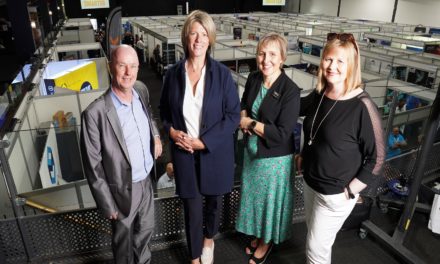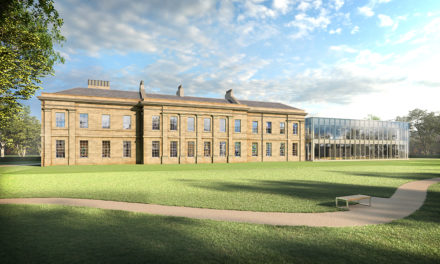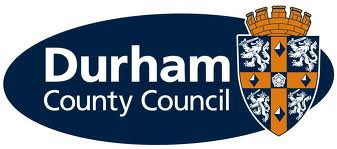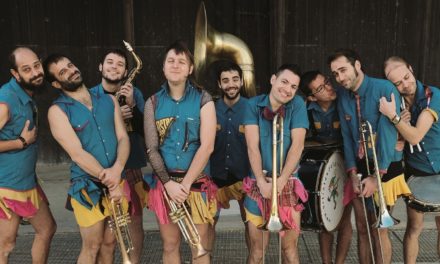An online talk is offering people in County Durham the chance to learn about their Methodist ancestors.
The Story, a Durham County Council project which involves the creation of a new history centre and registration service, is hosting an online talk this week as part of the Branching Out series.
This series of monthly talks on family history is aimed at those who have more experience of research and are keen to know more about particular topics.
This month’s talk will look at Methodist ancestors. Methodism grew throughout the 18th century as travelling preachers spread word to all corners of the country, including County Durham. By the end of the 19th century, Methodist chapels had sprung up in many of the county’s towns and villages.
The talk will help participants gain the knowledge of Methodist records to get started with their research.
To find out more, participants can attend a morning or evening session on Thursday, 10 November, from 10am to 11am or from 6pm to 7pm.
Each session costs £5 and can be booked at https://recordofficeshop.durham.gov.uk/pgEventResult
As part of the Third Thursday series, The Story is also hosting a local history talk, in which architectural historian Richard Pears will take a look at the life of socialite Margaret Farrington (1725-1798).
Born in Newcastle to a respected Anglican clergyman and his wife, Margaret enjoyed the polite entertainments and socialising of Georgian London. This was cut short by her diagnosis of lunacy in 1765 and she returned to the North East to be cared for by her extended family until her death at Lamesley, near Gateshead, in 1798.
Her life has been reconstructed entirely from archive sources, including an inventory of her possessions which draws a picture of her life in a well-appointed residence near Oxford Street.
The talk will be free and will be held on Thursday 17 November, from 10.30am to 11.30am.
Dawn Layland, Durham County Council’s education and outreach archivist, said: “Led by an expert team of historians and archivists, these talks are an ideal way to broaden your knowledge of local history, as well as taking a deeper dive into your own family roots.”










